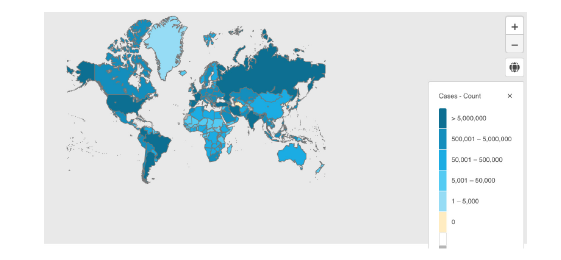Globally, COVID-19 has led to debilitating effects and posed significant human rights challenges for older persons. Healthcare measures and societal responses to COVID-19 have impacted older persons mental and physical wellbeing, amplified ageism, and heightened the risks of elder abuse.
In the report ‘Protecting the human rights of older persons: Challenges to the human rights of older people during and after COVID-19’, ILC Global Alliance present insights into the impacts of the pandemic across 16 countries in the ILC-Global Alliance, amongst others the Netherlands. Pandemic measures that were meant to physically safeguard older persons have in turn created human rights challenges for them. The initial stringent lockdowns in the community and no visitations imposed in nursing homes have negative impacts on institutionalised and community-dwelling older persons. Many older persons were socially isolated which aggravated their mental health and quality of life and accelerated their functional decline during the pandemic. Additionally, the pandemic has impacted socioeconomic conditions. Older persons across the world, particularly those residing in developing nations, are subjected to greater hardships as they suffer from starvation and experience a slew of human rights issues ranging from age discrimination to elder abuse. Older persons will need additional help.
COVID-19 may have taken our attention, but now it is time to double down on our efforts to promote ways in which older persons can remain strong and age well, and to rebuild and strengthen the social and physical supports that can enable them to have the best possible quality of life.



